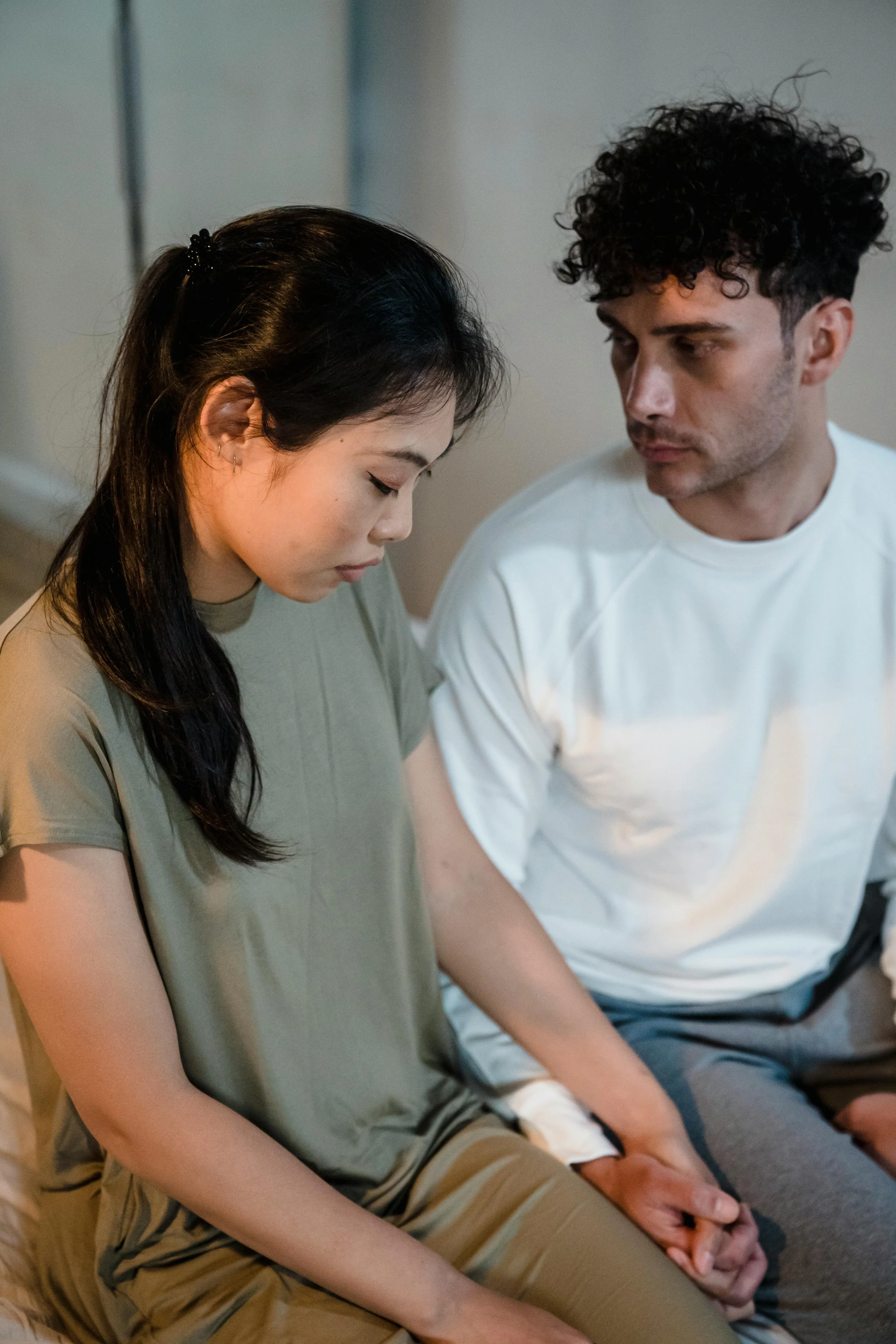Love Languages or Just Love Myths? What Really Matters in Relationships
Have you ever taken a “love languages” quiz and thought, “Yes! This explains everything about me and my partner”? Or maybe you’ve wondered why your relationship still feels complicated even though you know each other’s love languages inside and out. Do love languages actually unlock the secret to lasting intimacy—or are they just a comforting myth?
The Allure of Love Languages
It’s easy to see why the idea of love languages is so popular. Having five neat categories—words of affirmation, acts of service, receiving gifts, quality time, and physical touch—makes love feel easier to decode. You can point to a chart and say, “See? I just need more quality time, and everything will be fine.”
But relationships aren’t always that simple. Sometimes, even when your partner “speaks your language,” you still feel misunderstood, disconnected, or frustrated. Why is that?
Beyond the Checklist
From a psychodynamic perspective, what we crave in relationships goes deeper than a preferred style of affection. The way you want to be loved is shaped by your earliest experiences of care, attention, and even disappointment. For example:
● If comfort wasn’t always available when you were little, you might long for closeness but also feel anxious when you get it.
● If love was shown through practical support, you might value acts of service but feel uneasy with too much verbal affection.
● If you had to earn approval, you might constantly seek affirmation—even when words never feel “enough.”
These patterns live beneath the surface and often drive our relationship dynamics far more than a checklist of “languages.”
What Really Matters
The real heart of intimacy isn’t just knowing your partner’s love language. It’s being curious about each other’s histories, vulnerabilities, and unspoken fears. It’s asking: “Why is this kind of love so important to you? What does it represent? What happens inside you when you don’t get it?”
When couples explore these questions, they begin to understand not just what each other wants, but why. That “why” often holds the key to deeper emotional connection.
How Psychodynamic Therapy Helps
Psychodynamic psychotherapy offers couples (and individuals) a space to go beyond surface-level fixes and uncover the unconscious patterns that shape how they give and receive love. In therapy, you can explore the origins of your needs, understand how old wounds show up in current relationships, and develop more authentic ways of connecting.
If you’re feeling stuck in love—whether or not you’ve mastered the “languages”—psychodynamic therapy and relationship counseling can help you discover what really matters: a deeper, more genuine understanding of yourself and your partner.


